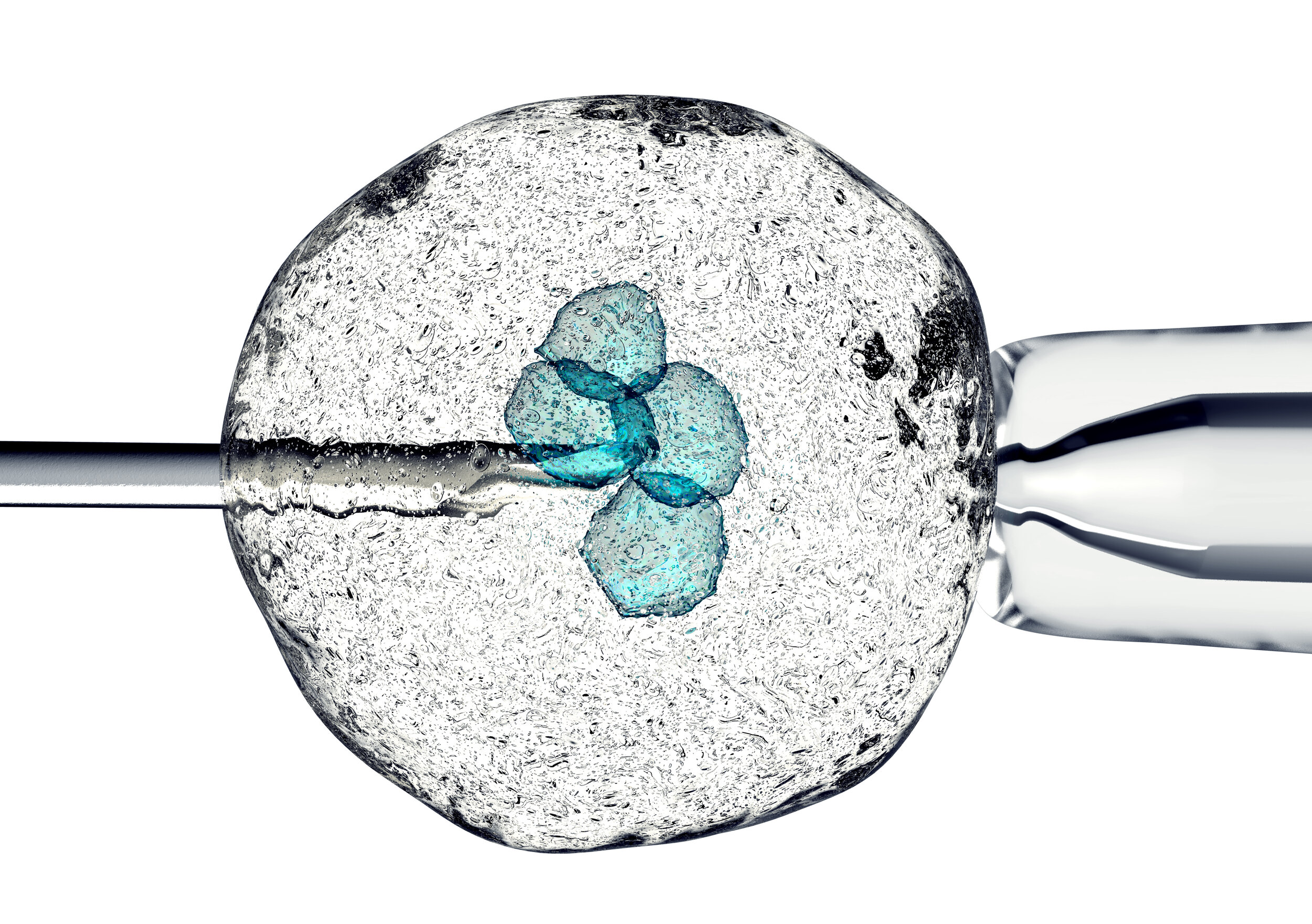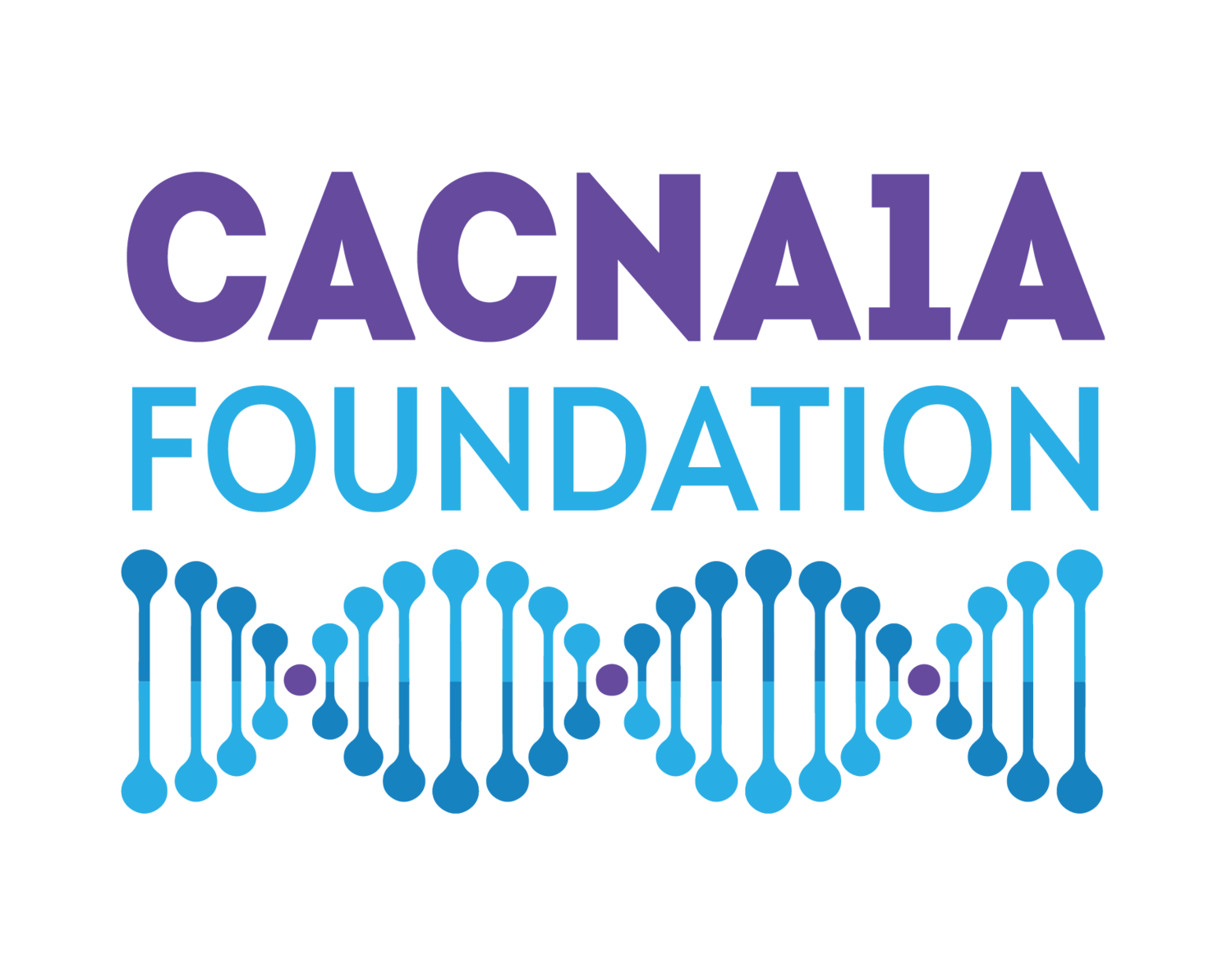
CACNA1A Foundation Biorepository
CACNA1A biological samples are currently being developed and will be available to qualified researchers to advance promising new studies that will support CACNA1A research and aid in drug development and drug discovery.
For more information, please email us at: biobanking@cacna1a.org
Knowledge is power!
The more that is known about genetic disease, the higher the chances that new medications and treatments can be found.
As of 08/28/2024, the Foundation has 8 completed patient-derived iPSC lines available for use.
p.R1667P
p.Q1674SfsX43
p.V1393M
p.D1634N
p.R1349Q
p.R1346Q
p.A713T
p.R1664Q
Anyone who is interested in obtaining these lines can reach out directly to COMBINEDBrain where they are stored. Please indicate the gene and variant you need.
We’ve currently invested over $50,000 in this initiative, which is a critical piece of our clinical trial readiness program.
Please contact biobanking@cacna1a.org for more information
Participating in our biorepository
This repository is a research biobank. This means that we collect biofluids and tissue samples from individuals with confirmed CACNA1A mutations to process DNA and develop cell lines for scientists to use in their studies. The biorepository provides interested researchers, whose goals are to answer critical questions relating to the molecular cause of disease and potential treatment strategies, access to biospecimens in order to better expedite the development of effective treatments for CACNA1A-related disorders.
We have developed cell lines from male and female patients of all ages representing various CACNA1A mutations (gain of function, loss of function, missense, nonsense, frameshift, stop codons, etc.) Our approach is two-pronged and entails collecting biofluids for distinct purposes:
CACNA1A Foundation library of biospecimens, part of the COMBINEDBrain biorepository which collects blood samples to store as peripheral blood mononuclear cells (PBMCs). Our research network advises us as to the patient blood samples that should be developed into induced pluripotent stem cells (iPSCs) for researchers to use in in vitro studies. When this occurs, iPSC-derived neurons are generated from patients’ cells and carry the same mutations and genetic background as the affected cells in the brain. There is no guarantee that an iPSC line will successfully be developed from patient blood or your sample donation.
The National Institute of Genetic Medical Sciences (NIGMS) Human Genetic Cell Repository at Coriell Institute for Medical Research (supported by the National Institutes of Health - NIH) extracts B-lymphocyte cells from the blood samples and transforms them into Lymphoblastoid Cell Lines (LCLs). These specimens are used by scientists to better understand disease processes and to develop new treatments. They may be reprogrammed to create iPSC cells for research. For more information on the NIGMS cell repository, click here. To access the Family Portal, click here.
With diverse CACNA1A models, researchers will understand more about CACNA1A-related diseases. These disease models allow researchers to test existing compounds and new therapeutics in the lab before starting clinical trials in humans.
Participation in these programs is voluntary and participants are allowed to withdraw consent at any time. Participants’ clinical data or biosample data already shared with an interested researcher cannot be withdrawn; however, prior to the distribution of samples to researchers, participants may request the withdrawal of their samples.
2025 Dates for Biorepository Collections: Nashville, TN (4/25 -4/26); Westminster, CO (6/14 - 6/15 and 7/19 - 7/20); St. Louis, MO (6/19 - 6/20); Phoenix, AZ (6/27 - 6/28); Boston, MA (7/10 - 7/12); Denver, CO (7/18 - 7/19); Windsor Locks, CT (7/19 - 7/20); Philadelphia, PA (Sept or Oct TBD); Atlanta, GE (12/4 - 12/5)
